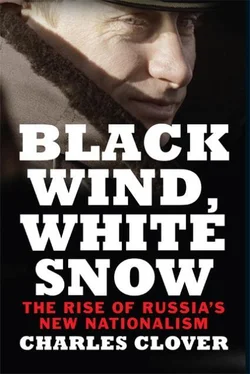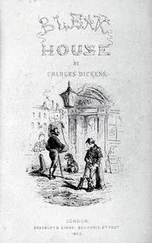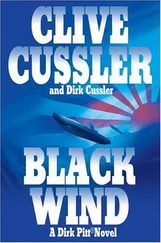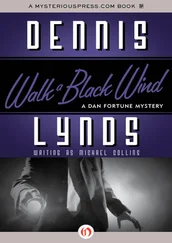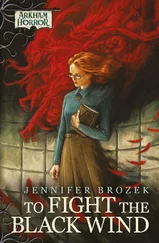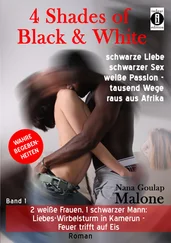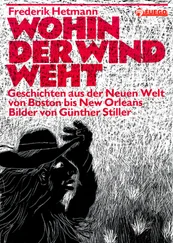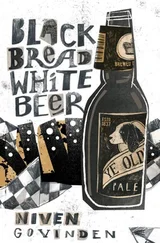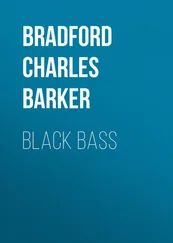Dugin’s personal influence is widely dismissed in Russia, but there is good reason to pay him close attention: his dystopian vision oddly foreshadows major developments in a way that seems to demand explanation.
In 2009, in a nationalist prank, Dugin drew a map of a dismembered Ukraine, which included the fateful words ‘Novorossiya’ to signify the eastern provinces, which would ultimately break away after an armed uprising by Russian-backed separatists in 2014. His use of the tsarist-era term prefigured by five years Putin’s use of the same label. In a YouTube video from that year, he gives an elaborate account of the breakup of Ukraine, predicting that ‘these elections [the 2010 presidential elections] will be Ukraine’s last as a unitary state’. 11Dugin has been scarily, spookily right about the Ukraine conflict since it started. He was the first of the nationalist crowd to use the term ‘Novorossiya’ to reference eastern Ukraine in an interview on 3 March 2014, long before the occupation of Donetsk and Lugansk was launched, 12and one and a half months before Putin used the same term in a call-in show. He predicted that militias in Donestk and Lugansk would declare independence weeks before they did. He correctly predicted the design of the flag of the Donetsk Republic – red with a blue St Andrew’s cross – two months before a contest was held to decide it. He also predicted that Russia would introduce ground troops on a large scale, which it did in late August.
In more than ten years of acquaintance with Dugin, I have no reason to doubt his insistence that he has no direct connection to Putin – I have found none, though several of Putin’s immediate circle footnote him, quote him and fund his projects. Rather than Cardinal Richelieu, the hidden hand on the tiller of state, Dugin seems more like a character in an Umberto Eco novel – a conspiracy theorist and pamphleteer who is just as surprised as everyone else when his creations leap off the page and into real life. ‘It is not as though I am the adviser to Putin, that I am dictating to him and Putin is under the influence of these ideas’, he explained in an interview on YouTube in July 2014. 13‘We are simply acting according to the logic of Russian history and the laws of geopolitics’, Dugin told the interviewer. ‘That is, Putin and me, and Washington and Berlin are all being acted on by laws of history, laws of politics, and to some extent laws of elite behaviour.’
Dugin is, in equal parts, a monomaniacal nineteenth-century Slavophile conservative and a smug twenty-first-century postmodernist who expertly deconstructs his arguments as rapidly as he makes them. He can give impassioned speeches about Holy Russia and then, in an unguarded moment, joke about it or parody himself. ‘There are only two real things in Russia’, he once told me during a long conversation. ‘Oil sales and theft. The rest of it is all a kind of theatre.’ ‘Is he serious or is he not? That is the whole postmodern question’, pondered Andrey Karagodin, one of Dugin’s former acolytes and now editor of the Russian edition of Vogue , over coffee in Moscow. ‘The answer is both.’
Indeed, given the enthusiasm of Russian intellectuals for adopting and co-opting the latest intellectual fads from Europe (such as Hegel and Marx), it is all but predictable that the Russian elite would become carried away by a new philosophy wafting out of late-twentieth-century Europe, the essence of which is the denial of all philosophy. In the hyperreality that is Russian politics, where a parallel universe is amplified to deafening volume via state TV and talking heads like Dugin, all ideology is indeed mere language games or camouflaged power relations; all politics is simulacrum and spectacle; all ‘discourses’ are equal, as is all truth. Critical theory, postmodernism and post-structuralism, philosophies designed to criticize power, have been co-opted by the Kremlin’s formidable ‘political technology’ machine and converted into an instrument of authoritarian rule. When John Kerry accused Putin of ‘nineteenth-century thinking’ following the Crimean invasion, he may have been missing the point. The Ukraine crisis owes more to the twenty-first-century simulacrum of Russia’s state media bubble, than it does to sober assessment by nineteenth-century statesmen like Bismarck and Disraeli.
Dugin has been one of the pioneers of the postmodern revolution in Russian politics, an early adopter of the arch, ironic pose assumed by many in the Kremlin today. Many smile or wink when they use terminology like ‘Eurasia’ or ‘Atlanticist’, but they use them nonetheless. They may claim that there are no Russian soldiers in eastern Ukraine, but they regard this not as a crude propaganda lie, but rather a postmodern geste , made with the same self-congratulatory smugness as Jean Baudrillard’s playful claim that ‘the Gulf War did not take place’.
* * *
Today, unlike in the twentieth century, no state can afford publicly to espouse any system other than democracy, ethnic tolerance, self-determination, free trade and universal human rights – even if its rulers do not practise what they preach. Speaking openly of conquest and the subjugation of a neighbouring country is simply no longer acceptable in public. Wars are waged in the name of liberating and protecting, in the name of principles and values, not in the name of wanting someone else’s land. That is why governments speak of these things in an assortment of ‘dog whistles’, shibboleths and codes. Many governments and political parties throughout the world have evolved a secret rhetoric for speaking about the unspeakable: ‘war on terror’ or ‘the Chinese dream’. Russia is no different.
‘Eurasia’ serves a key function in Kremlin rhetoric as an extravagant double entendre . On 4 October 2011, a week after Putin announced that he would be running for the presidency for a third term, following four years as prime minister, readers of the Izvestiya newspaper found a full-page article by their former and future president describing his vision for a ‘Eurasian Union’ of old Soviet states to be in place by 2015. Putin insisted that the union was ‘not like other previous unions’ and was simply a trade organization analogous to the EU. Most were sceptical, particularly US Secretary of State Hillary Clinton, who raised squeals of indignation in Moscow when she accused the Kremlin of ‘a move to re-Sovietize the region’. ‘It’s not going to be called that,’ said Clinton. ‘It’s going to be called a customs union, it will be called Eurasian Union and all of that. But make no mistake, we know what the goal is and we are trying to figure out effective ways to slow down or prevent it.’ 14The Kremlin responded that Clinton had ‘fundamentally misunderstood’ Putin’s vision – but this is how dog-whistle politics works: the leader keeps a deniable distance, while the initiates, cloistered away from the profane masses, interpret his esoteric meanings.
Another dog whistle was blown in a 23 January 2012 article, authored by Putin, in the newspaper Nezavisimaya Gazeta . In it, Putin referred to Russia using a new dog-whistle term, ‘civilization state’:
The Great Russian mission is to unite, bind civilization. In this type of state-civilization there are no national minorities, and the principle of recognition of ‘friend or foe’ is defined as a common culture and shared values… This civilizational identity is based on the preservation of the Russian cultural dominance, the carriers of which are not only ethnic Russian, but all carriers of such identity regardless of nationality.
In other words, as long as you are ‘culturally’ Russian, you are friend. Others, it turns out, may not be. Putin added that the concept of ‘nation state’, burdened as it was with connotations of liberalism, should be eliminated from official vocabulary as inadequate for the Russian people: ‘I am deeply convinced that the attempts to preach the idea of constructing a Russian “national” monoethnic state directly contradict our thousand-year history.’ 15
Читать дальше
